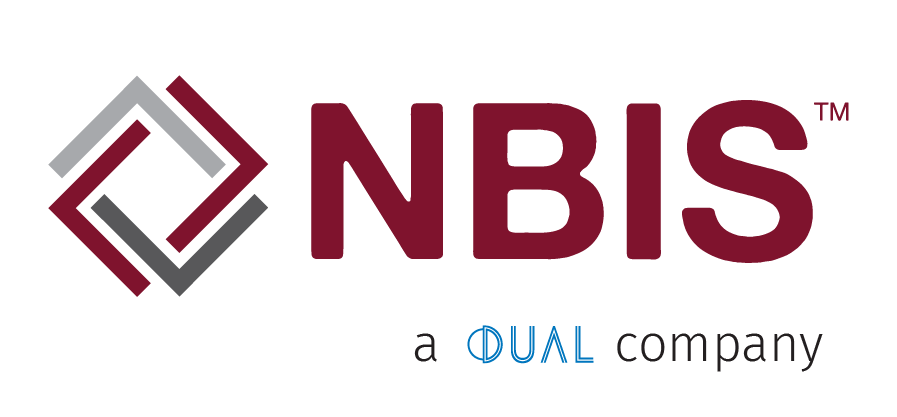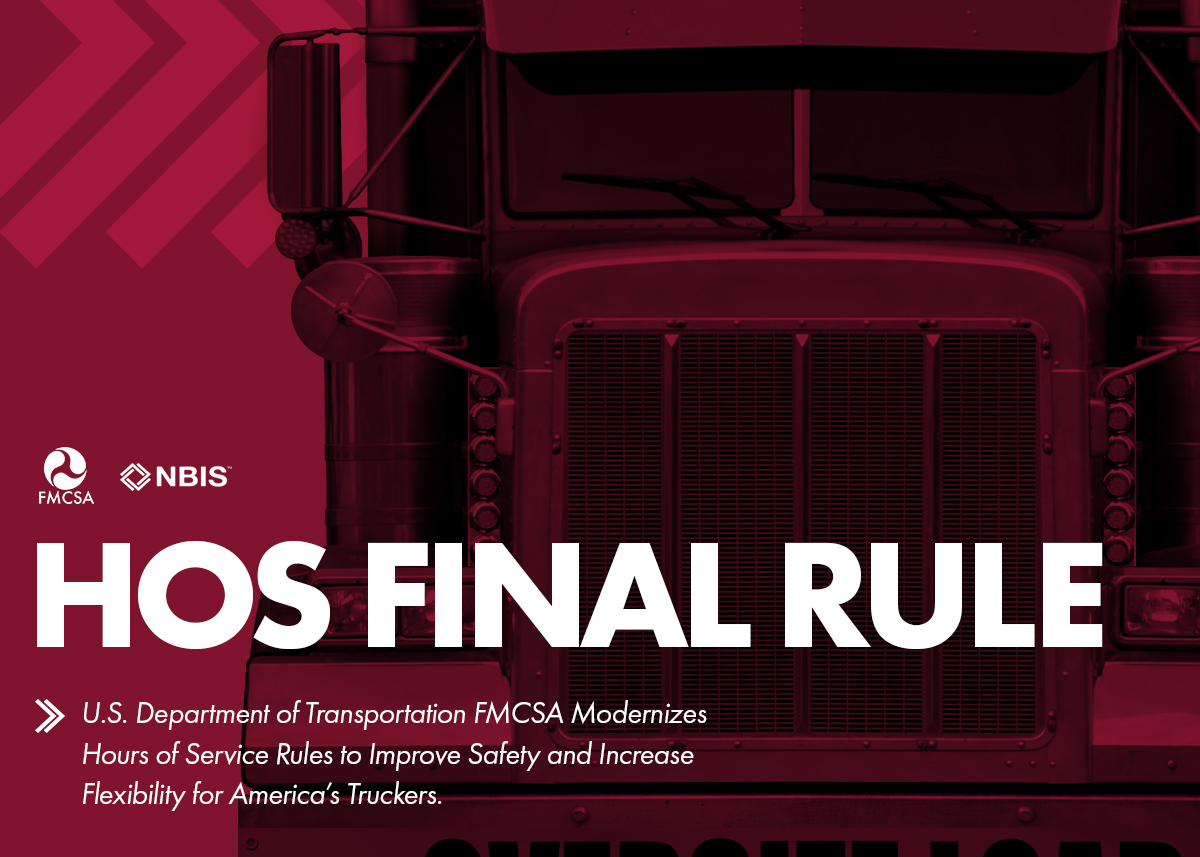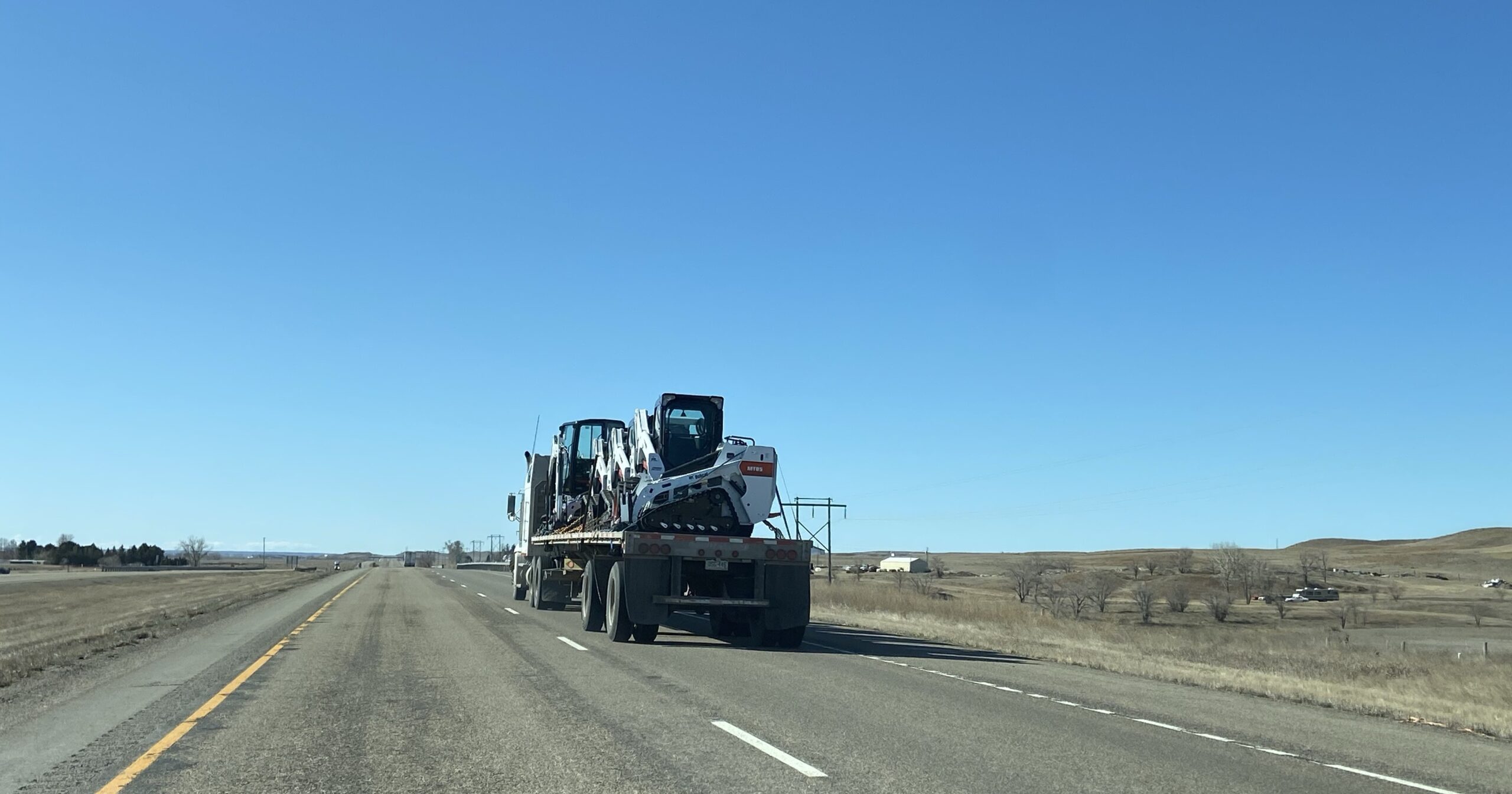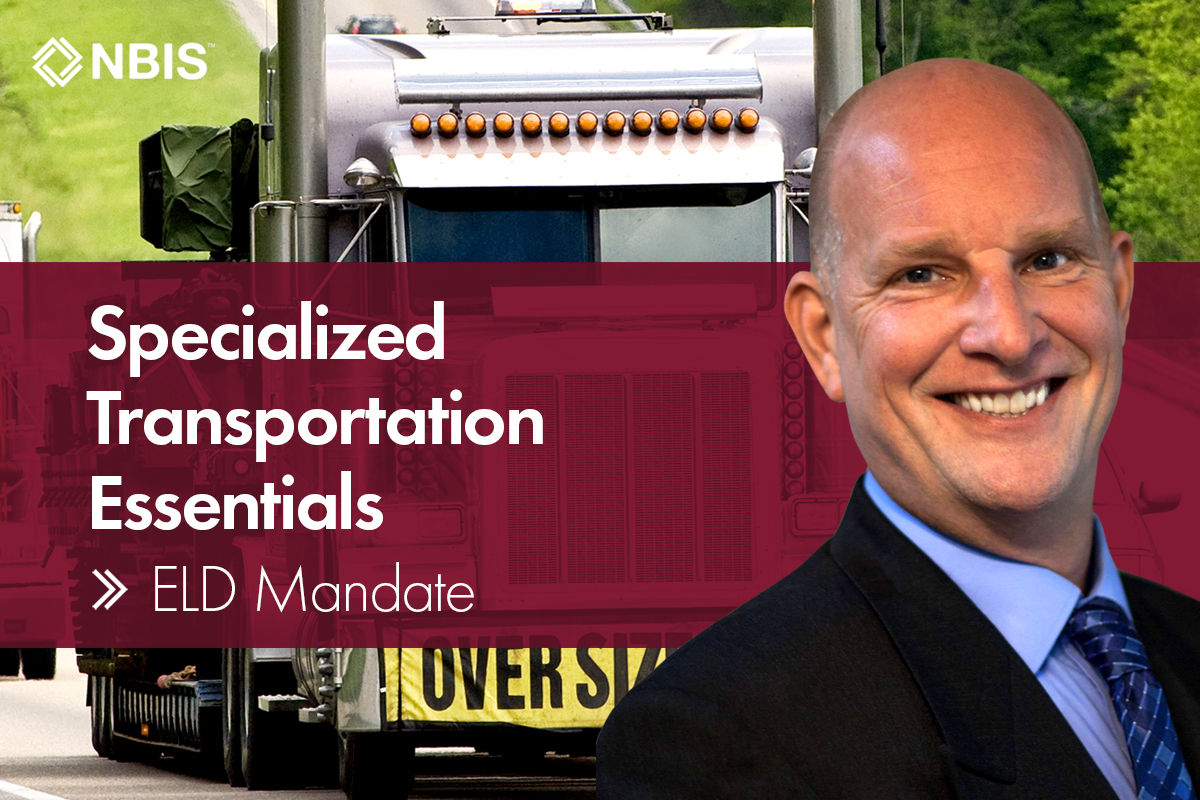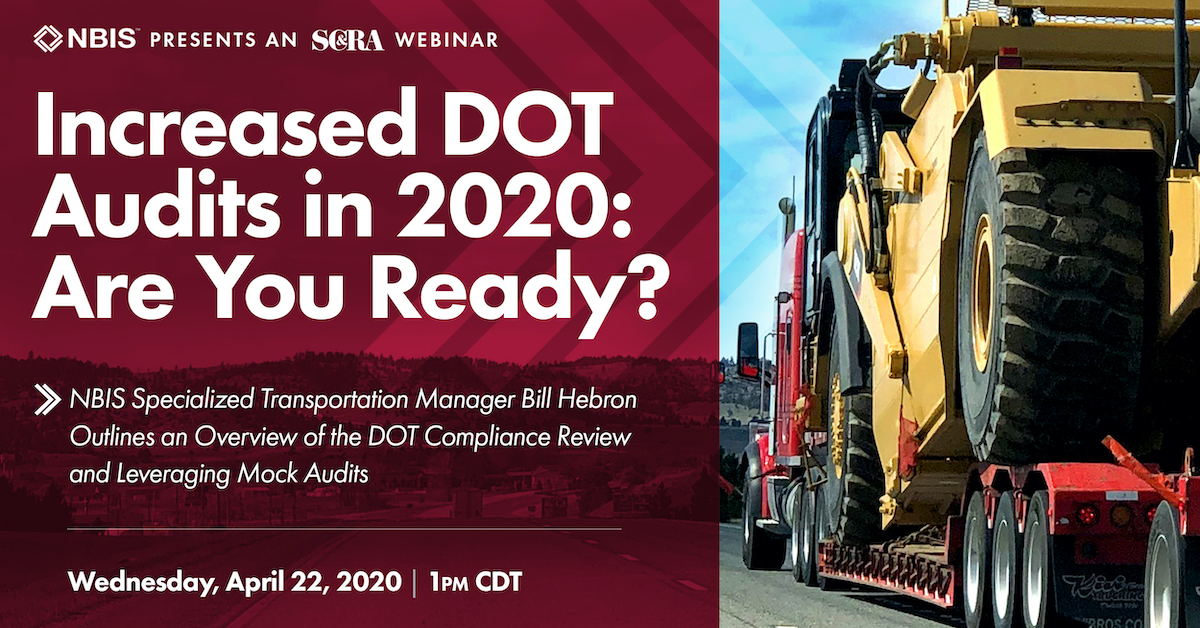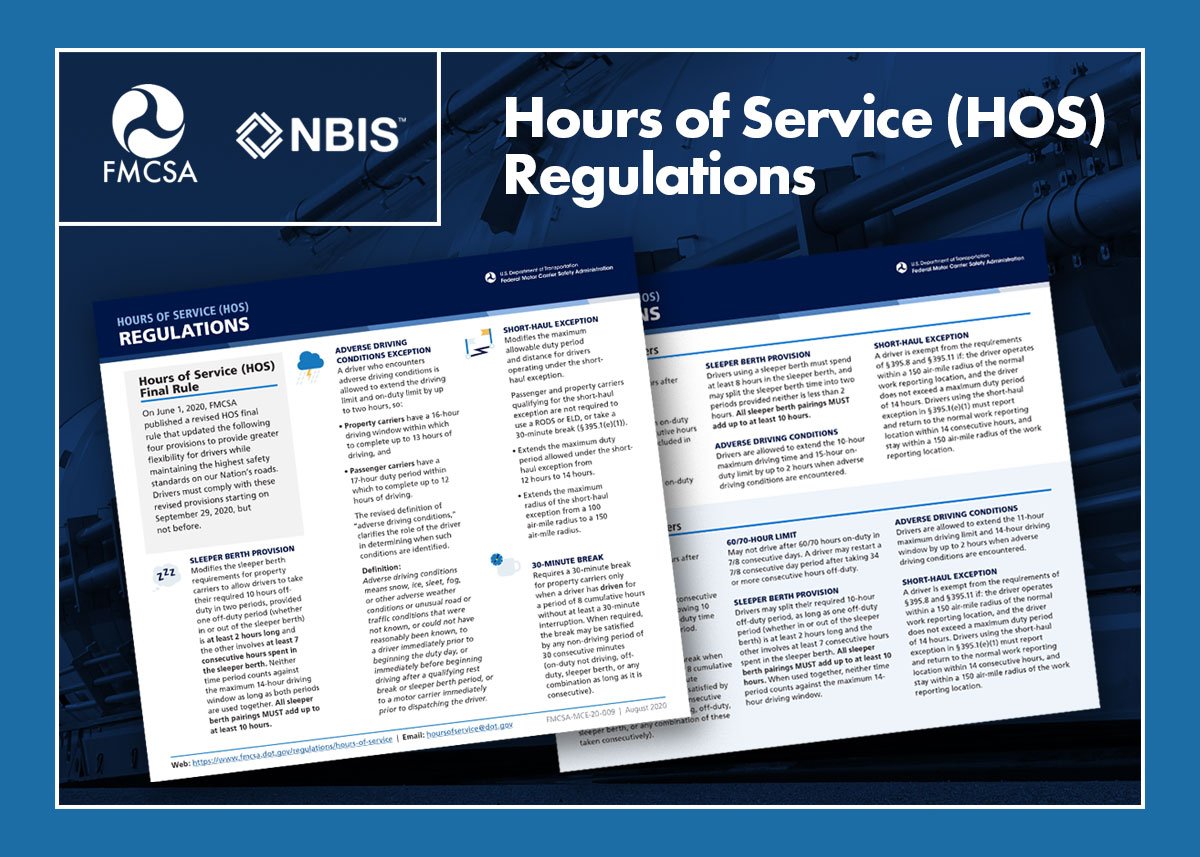Hebron is prepared to protect NBIS insureds in the face of a rapidly changing specialized transportation environment.
Bill Hebron, the newest member of the NBIS leadership team, arrives at the organization with more than 28 years of experience in the transportation industry, joining NBIS as the Specialized Transportation Program Manager at a time when the industry is poised to undergo some significant changes.
“I’m truly excited to be joining NBIS at such an important time in the heavy haul sector,” he said. “We have a real opportunity to make an impact with our insureds amidst an ever-changing transportation climate.”
Transportation trends and fast-approaching FMCSA HOS regulatory changes impact virtually all NBIS policyholders. Part of Hebron’s role is to help ensure NBIS customers and partners stay ahead of the learning curve by helping guide them to the appropriate NBIS risk management services and solutions.
“My position gives me the ability to draw upon the knowledge I’ve accumulated over the years,” he explained. “I got my start in the industry as a commercial driver, and I’ve spent the last 19 years focused on corporate safety, Department of Transportation (DOT) compliance, and risk management for various motor carriers.”
Hebron plans to use his experience to help NBIS policyholders navigate complicated issues such as the CDL Drug and Alcohol Clearinghouse, HOS regulatory updates and the much-talked-about CSA reform, to name just a few.
‘Be careful what you wish for’
Hebron is no stranger to what often happens when new regulations are rolled out in the transportation industry. While changes are, by and large, a good thing, he said that they can come with unexpected considerations.
“Take the Drug and Alcohol Clearinghouse as an example,” he said. “I’m a big supporter of a database of drivers that have tested positive for drugs and alcohol. It’s absolutely a good thing, but you have to be careful what you ask for. We could see an uptick in fines, fees, and penalties related to noncompliance.”
When it comes to regulations, the industry is often pushing for new rules and systems, but it sometimes fails to understand all the possible implications if such laws are passed. Hebron points to the ELD mandate FMCSA began rolling out in 2016 as an example of what he means.
“The ELD mandate involves three key phases, the last of which is the Full Compliance Phase, where all drivers and carriers subject to the rule must use self-certified ELDs that are registered with FMCSA,” he said. “All the technology and resulting data available from telematics is great. It’s very, very good data. But we also have to be aware that that data is pretty easily discoverable in lawsuits. And we can probably all agree that lawyers these days don’t need any more ammunition.”
Communication is everything – especially for mid-size companies
Hebron is a big believer in the importance of communication, and notes that being able to talk to drivers of any background and experience level is one of the most effective ways to stay competitive in a time of increased driver turnover.
“I actually think driver turnover is really another way of saying driver stealing,” he said. “Most companies pay about the same. At the end of the day, drivers go where they feel like they are heard by and can talk to their employers.”
Hebron hopes to help NBIS communicate these sorts of insights to the companies NBIS insures, and he sees his role as an evolving and rewarding one.
“I feel like where I can have the greatest impact is with the small-to-mid-sized companies that don’t have an entire role devoted to compliance and regulation,” he said. “I can help keep them abreast of changes, let them know what’s coming, and assist them in preparing.I’m looking forward to building the heavy haul program at NBIS and contributing to the already robust safety and risk management culture at the company. There’s no other organization offering risk-management oriented insurance solutions the way NBIS is. I’m excited to be a part of the team.”
